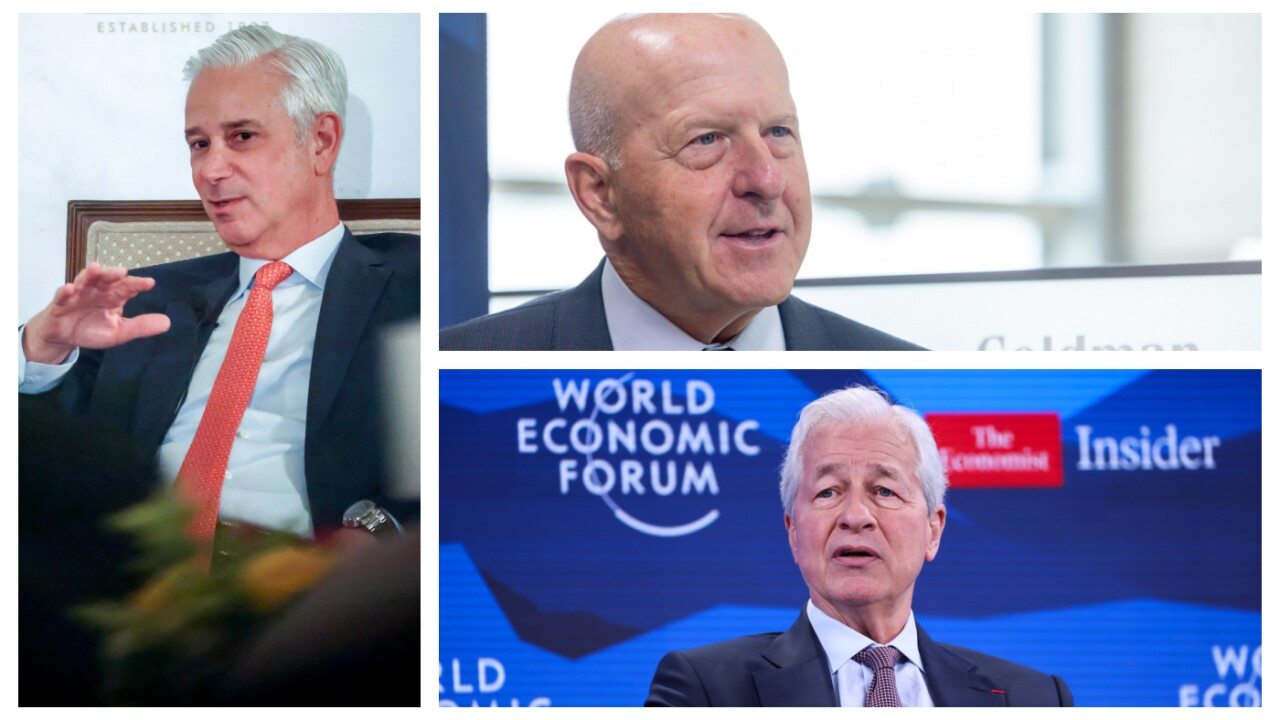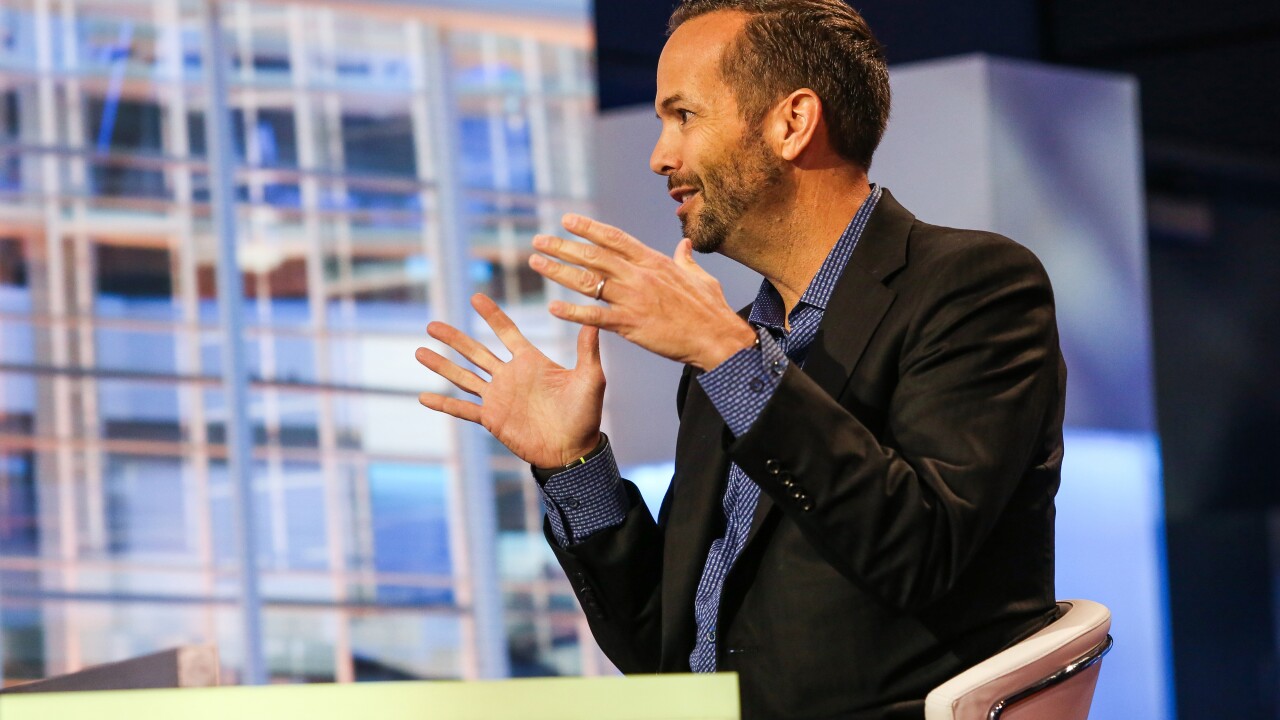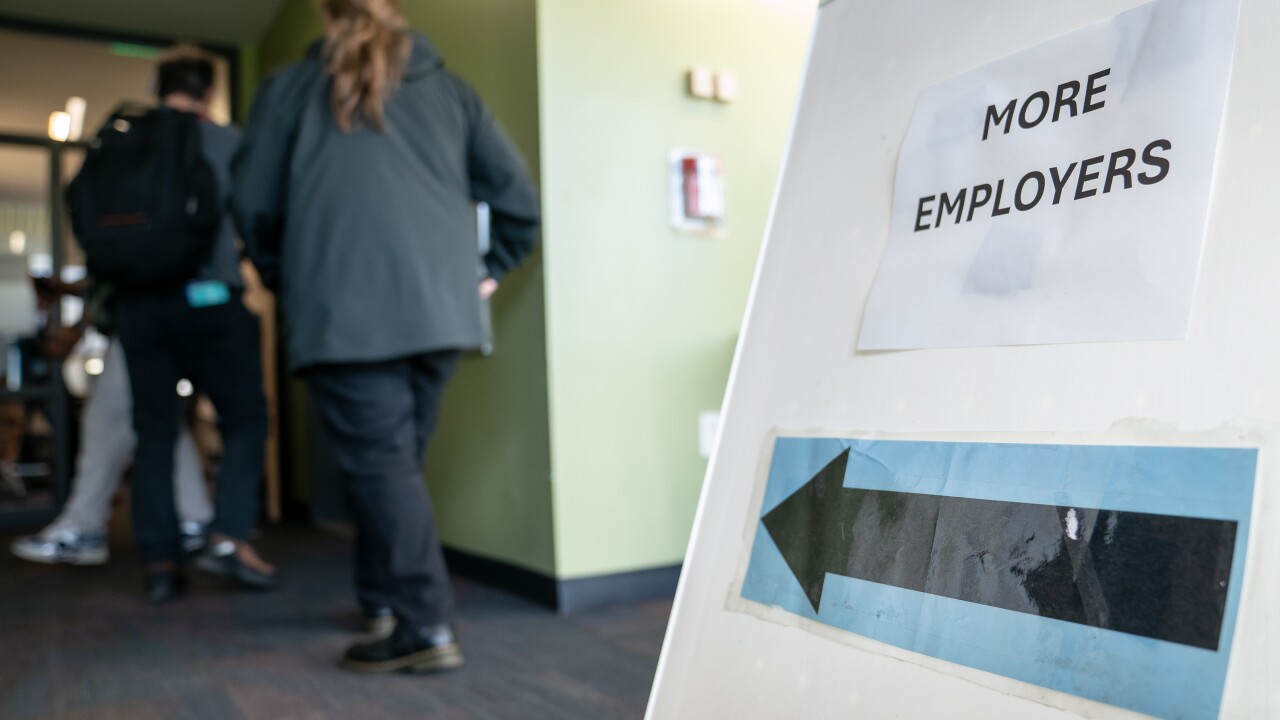-
Bitcoin has received a lot of attention this year, for all the wrong reasons.
November 21 -
In back-to-back hearings this week, lawmakers acknowledged the promise of virtual currencies like Bitcoin and the risks of overregulation along with the danger of abuse. Laws on the books may suffice to address the latter, for now.
November 20 -
As a fast, low-cost payment system, Bitcoin provides healthy competition for legacy banks. It's also a bulwark for financial privacy and freedom of speech.
November 18 -
The same thing that doomed communism will likely undermine Bitcoin: the fantasy that a protocol, a procedure, a network, an algorithm can neutralize the ugly selfish traits of human beings.
November 18 -
With their regulatory status, refined customer identity procedures and global infrastructure, banks could offer bitcoin exchange services and lead the modernization of financial services. Instead, theyre freezing Bitcoin entrepreneurs accounts.
November 18
After clashing with regulators and being blacklisted by many banks and credit unions, many emerging-payments companies are seeking a warmer welcome outside the U.S.
Many of the affected companies provide services for users of the digital currency Bitcoin, which will likely require them to obtain money-transmitter licenses in Washington D.C. and the 47 states that require it. The cost of obtaining these licenses, excluding bonding requirements, is approximately $7 million to $10 million, says Guillaume Babin-Tremblay, executive director of Bitcoin Embassy in Montreal, Canada.
This cost, along with an evolving regulatory landscape, has sparked a "mass exodus of these companies to countries with friendlier legislation regarding Bitcoin in general," he says.
Bitcoin Embassy promotes Bitcoin to local consumers and merchants and provides mentoring and fundraising for Bitcoin-related startups.
"We have a few companies based in the U.S. and we're actually looking to reestablish these companies outside of the U.S., because of the unclear regulatory environment," says Babin-Tremblay.
Coinapult, a company that allows customers to direct bitcoin transfers to email addresses or mobile phone numbers, took its operations to Panama to focus on non-U.S. customers without dealing with the constraints of U.S. regulation.
Bitcoin miners, or the users that maintain the digital currency's official record of transactions, are categorized as money services businesses by Fincen, which issued guidance on virtual currencies this year. One of the companies Bitcoin Embassy is looking to reestablish outside the U.S. is a mining company.
Other governments seem to be taking a hands-off approach to virtual currency, but this environment may be short-lived. Many foreign governments have been asking U.S. regulators for advice, and may develop regulations that mirror what the U.S. has, according to Jennifer Shasky Calvery, director of the Financial Crimes Enforcement Network, who spoke at a recent Senate committee hearing in Washington, D.C.
Canada has yet to clarify its position on how Bitcoin businesses will be categorized. Bitcoin Ventures Inc. launched the CoinTap card, which allows consumers to obtain bitcoins by purchasing a stored-value card in retail stores, in Canada. And RoboCoin deployed its first cash-in/cash-out Bitcoin ATM in Vancouver, British Columbia, at the end of October.
Several Bitcoin companies have tried to register as MSBs with the Financial Transactions and Reports Analysis Centre of Canada (the equivalent of Fincen), says Babin-Tremblay. Their applications were rejected because, according to the agency, the businesses were not MSBs under current law, he says.
These businesses are still logging all their transactions in case Canada's stance changes, Babin-Tremblay says. Bitcoin businesses in Canada "know regulation is coming in the next six months to a year," he says.
Because of the uncertainty, investors are withholding potential investments, especially since the regulatory environment in Canada could be even harsher than the U.S. in the future, Babin-Tremblay says. "Usually [Canada] tends to follow the U.S. quite closely but financial services has been an exception," he says.
During the financial crisis in 2008, the regulatory environment was cited as a key factor that precipitated the crisis, so Canada tightened its regulations.
While Canada has taken a hands-off approach to virtual currency, some countries have been more outspoken in their acceptance of Bitcoin.
In China, educational Bitcoin commercials appear on television, which in China is controlled by the government. Baidu, the Chinese eBay equivalent, started accepting Bitcoin as a payment method for its online security and firewall services, Jiasule.
Bitcoin is also seeing substantial adoption in countries where there are social or political reasons to distrust local currencies and where there's a high degree of connectivity to the Internet, said Constance Choi, general counsel at Payward Inc., during a panel discussion last month at PaymentsSource's ATM, Debit and Prepaid Forum on Oct. 22. Payward operates the Kraken currency exchange.
Consumers in several South American countries, including Argentina, are interested in digital currency because of the volatility of their local currencies, said Juan Llanos, executive vice president and compliance officer at Unidos Financial Services Inc., during the panel discussion. But as soon as these governments see the potential disruption this could have on their national currency, they might react negatively to alternatives, he said.
Several countries in Europe, including Germany, the U.K., Belgium, Sweden, Norway, Finland and France, are Bitcoin-friendly as well.
Bitcoin businesses have a structural advantage in the European Union, which has implemented a type of uniform licensing for money transmitters. The Payment Service Directive allows a payment provider regulated in one country to expand into another country under its existing regulations and supervision.
Germany has an especially vibrant Bitcoin community, with dozens of bitcoin-accepting bars, restaurants and shops popping up in Berlin. In August, the German Federal Financial Supervisory Authority (BaFin) publicly recognized bitcoins as a "unit of account" that can be used for trading purposes. And the country's Fidor Bank has partnered with some Bitcoin businesses, including Bitcoin Deutschland GmbH and California-based Payward.
Lamassu Bitcoin Ventures has several customers in Finland and Denmark ordering the company's Bitcoin ATM, says Zach Harvey, co-creator of the machine with his brother, Josh. Lamassu's device allows bitcoin purchases for cash but, unlike RoboCoin's ATM, it does not allow cash withdrawals.
Generally, outside the U.S., "you can start doing something and if it's horribly wrong they'll shut you down or tell you to change something," he says. "It's more aggressive in the U.S. and that may scare people off with the threat of going to jail or getting all funds taken."
Many Bitcoin businesses are opening bank accounts in Malta and Caribbean locations, since these jurisdictions are less restrictive with banking relationships, says Brian Stoeckert, chief strategy officer at CoinComply, a digital currency consultancy. These businesses are transacting internationally but do not accept most U.S. customers, he says.
"It's a revenue opportunity and also a marketing opportunity; it's a bona fide arms race as far as who can get in market the fastest and safest and who can stay," Stoeckert says.
This practice won't necessarily appease the U.S. government, but it helps these companies make the argument that they are a viable business, says Stoeckert. In the U.S "it's going to take more time for the banking industry to get a comfort level with Bitcoin activity but it'll happen," he says.
Not only is the convoluted U.S. regulatory framework pushing Bitcoin-related companies out, but it's also keeping payments companies from other countries from bringing products or services to the U.S.
However, Stoeckert says the situation has created a new market for Bitcoin compliance consultants such as himself.
This article originally appeared on





